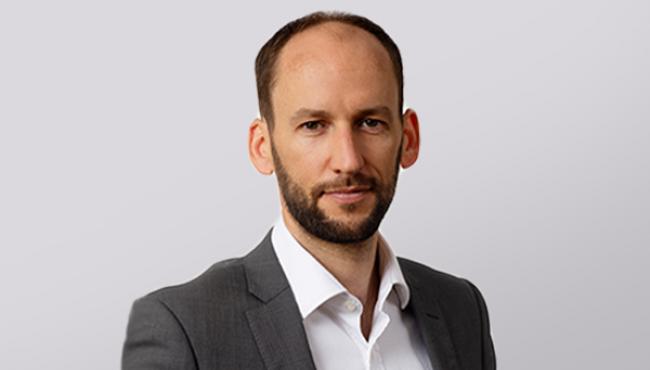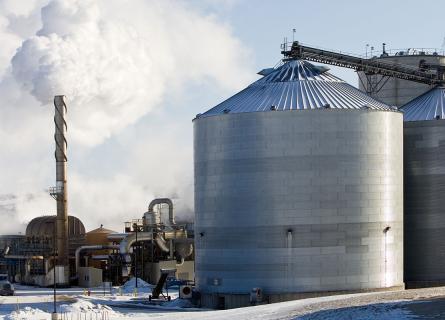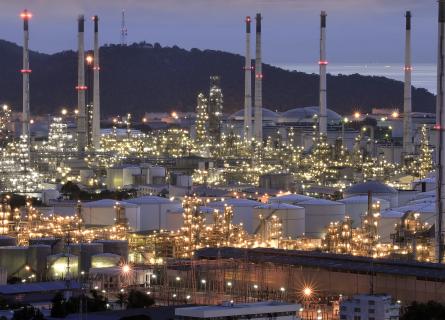
How to Incentivise Negative Emissions Technologies without Undermining Emissions Reduction Efforts
It is widely acknowledged that reaching net-zero emissions will require unprecedented emission reductions and negative emissions (NegEm) technologies, such as Bioenergy with CCS (BECCS), enhanced weathering, soil carbon enhancement, Direct Air Capture (DAC), and nature-based solutions.
The problem is, how do you incentivise one without undermining the other? The economists’ approach to this is to lump them in the same cap and trade scheme and let the market figure out which one is cheapest; hence delivering least-cost decarbonisation.
But this approach papers over some rather serious cracks. For instance, what happens if the NegEm techs fail e.g. if CCS sites leak or forests catch on fire? Or if the anticipation of future greenhouse gas (GHG) removal reduces pressure to reduce emissions now (known as Mitigation Deterrence)?
New research led by Prof Rebecca Willis at the University of Lancaster suggests that both (i) the impact of NegEm tech failure could be severe (e.g. resulting in going from a 1.5°C scenario to 2.2°C), and (ii) the risk that Mitigation Deterrence is triggered is high, driven by the failure to imagine an alternative, the power of promises, or downright fraud. Indeed, she is a vocal critic of the growing list of corporates offering cheap offsets in return for the continuation of high-carbon, guilt-free consumption – Mitigation Deterrence 101.
Her team’s suggestion? Call on policy makers to separate targets for emission reductions and GHG removal techniques. That way progress on both will be easier to evaluate and the GHG removal techniques pot can be assessed independently on the probability and magnitude of potential failure. This in turn may help to shape stories and narratives that may shift public opinion, making it harder to greenwash, and bringing forward the difficult conversations we must have in order to determine the kind of global society we want to live in.
At AFRY, we have been helping to support the early stage development of a potentially game-changing CCS industry. But it will need funding to make it happen – current carbon prices of 25-30 euro/tCO2 are not sufficient. Just like the renewables industry before it, separate targets for NegEm tech could help seed a new industry, with technology costs plummeting as function of deployment.
Now the renewables industry is relatively mature, corporates rather than governments are bankrolling projects in an effort to meet their own renewable targets. Microsoft has recently pledged plans to sequester all the carbon it has emitted since its inception as a company by 2050. Will this be the new normal for any forward-looking business? And could corporate NegEm targets help catalyse the industry?






